Electric Cars vs. Petrol Cars: The Ultimate Comparison
Are you trying to decide between
an electric car or a petrol car? This article provides an in-depth comparison
between the two, covering important aspects such as performance, cost, and
environmental impact.
Electric cars have been gaining
popularity over the last few years, with increasing concerns about the
environment and the need to reduce carbon emissions. On the other hand, petrol
cars have been the primary mode of transportation for many decades, but their
impact on the environment has raised concerns. In this article, we will provide
an ultimate comparison between electric cars and petrol cars, covering aspects
such as cost, performance, environmental impact, and more.
Performance
When it comes to performance, both
electric cars and petrol cars have their pros and cons. Here's a detailed
comparison:
·
Electric cars are generally quieter than petrol
cars and have instant torque, which means they can accelerate faster.
·
Petrol cars, on the other hand, have a better range
than electric cars and are more suitable for long trips.
·
Electric cars are more efficient in terms of energy
consumption, but petrol cars can be refuelled quickly, whereas electric cars
take longer to recharge.
Cost
When it comes to cost, electric
cars have a higher upfront cost, but the cost of ownership is lower in the long
run. Here's a detailed comparison:
·
Electric cars are generally more expensive to buy
than petrol cars, but they have lower running costs, as electricity is cheaper
than petrol.
·
Petrol cars have higher maintenance costs than
electric cars, as they require regular oil changes and other maintenance.
Electric cars have fewer moving parts and require less maintenance.
·
Electric cars are eligible for tax credits and
incentives, which can help offset the higher initial cost.
Range
Range anxiety is a common concern
for electric car buyers. Petrol cars have a much longer range than electric
cars, and it only takes a few minutes to refuel a petrol car. Electric cars, on
the other hand, require longer charging times, and the range is limited by the
battery. However, with the increasing availability of fast chargers, the range
of electric cars is steadily improving.
Performance
Electric cars have instant torque,
which means they can accelerate quickly and smoothly. They also have a lower centre
of gravity, which makes them more stable and agile. Petrol cars, on the other
hand, have a more traditional driving experience and are generally more
powerful than electric cars. However, electric cars are catching up, and many
new models are being released with impressive performance specs.
Environmental Impact
The environmental impact is one of
the most significant differences between electric cars and petrol cars. Here's
a detailed comparison:
·
Electric cars have zero emissions, which means they
are better for the environment. Petrol cars emit harmful pollutants that
contribute to air pollution.
·
The production of electric cars requires fewer
resources than petrol cars, as electric cars have fewer parts and use fewer
resources in their manufacturing.
·
Electric cars are more sustainable in the long run,
as they rely on renewable energy sources. Petrol cars rely on fossil fuels which
are a finite resource and have a significant impact on the environment.
Maintenance
Electric cars have fewer moving
parts than petrol cars, which means they require less maintenance. They don't
need oil changes or exhaust system repairs, and their brakes last longer due to
regenerative braking. Petrol cars, on the other hand, require more frequent
maintenance and repairs, which can be expensive over time.
FAQs
Are electric cars more expensive to
maintain than petrol cars?
No, electric cars require less
maintenance than petrol cars, which means they are generally cheaper to
maintain.
How long does it take to charge an
electric car?
The charging time for an electric
car depends on the size of the battery and the charging rate. With a fast
charger, it can take as little as 30 minutes to charge an electric car to 80%
capacity.
Can electric cars travel long
distances?
The range of electric cars is
improving, and many new models have a range of over 200 miles on a single
charge. However, petrol cars still have a much longer range, and electric cars
are better suited for city driving.
What is the lifespan of an
electric car battery?
The lifespan of an electric car
battery depends on several factors, such as the type of battery and how it is
used. On average, an electric car battery should last around 8-10 years.
Are electric cars better for the
environment than petrol cars?
Yes, electric cars produce zero
emissions, which means they have a much lower carbon footprint than petrol
cars. Additionally, the production of petrol cars requires a lot of energy and
resources, which also has an environmental impact.
Conclusion
When it comes to choosing between electric cars and petrol cars, there are many factors to consider. Electric cars have several advantages over petrol cars, including lower running costs, zero emissions, and lower maintenance requirements. However, petrol cars still have some




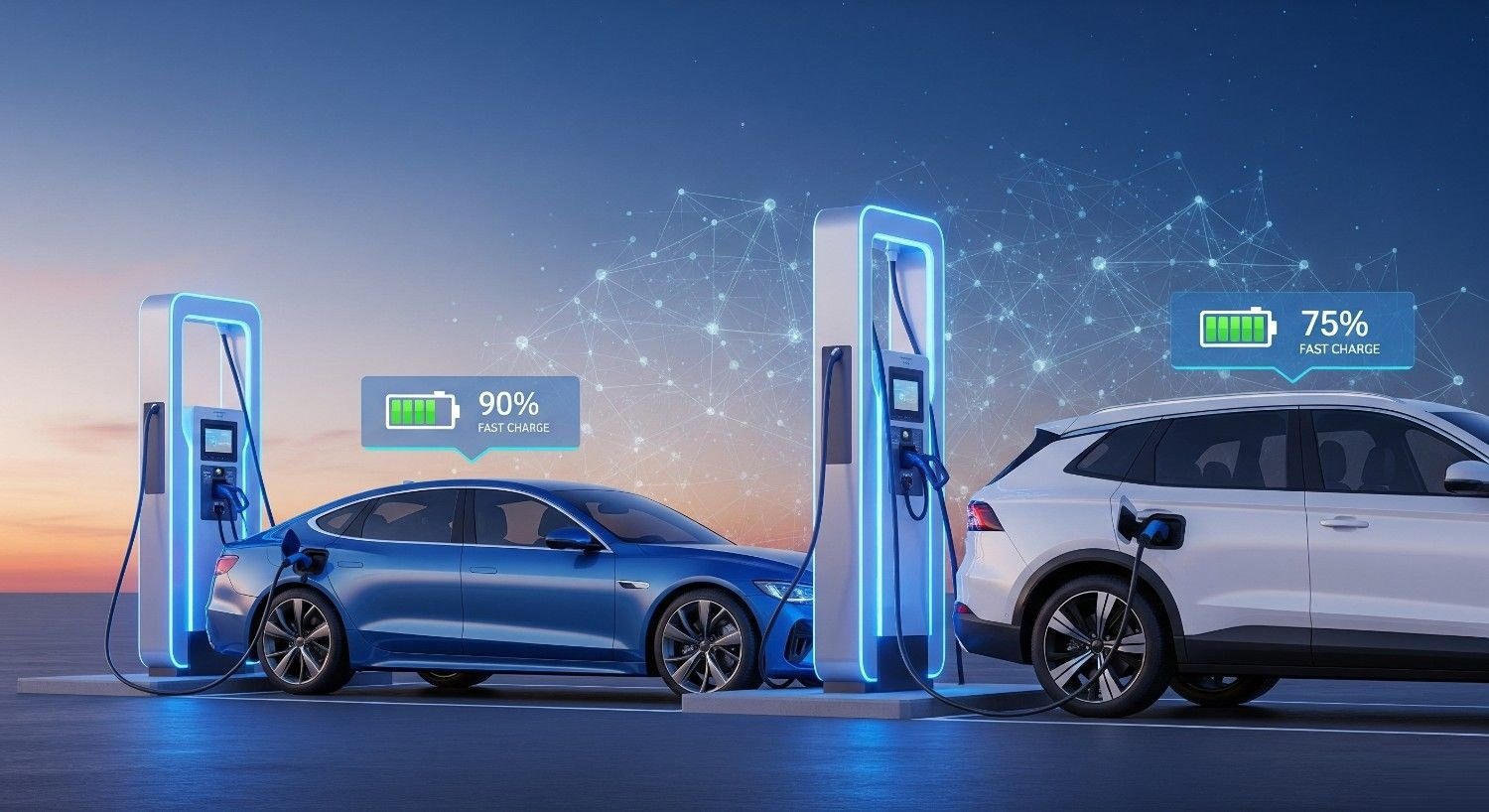

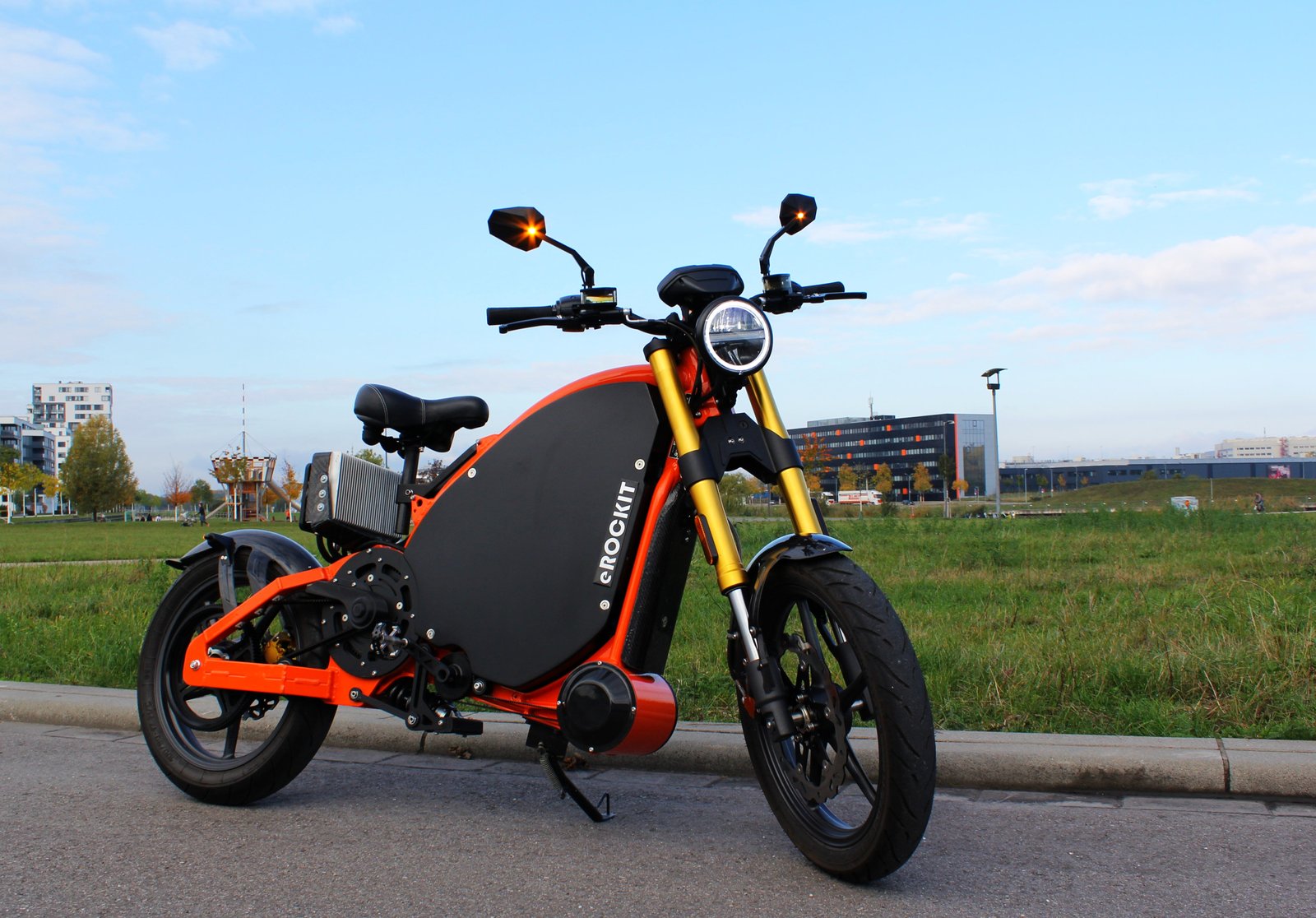

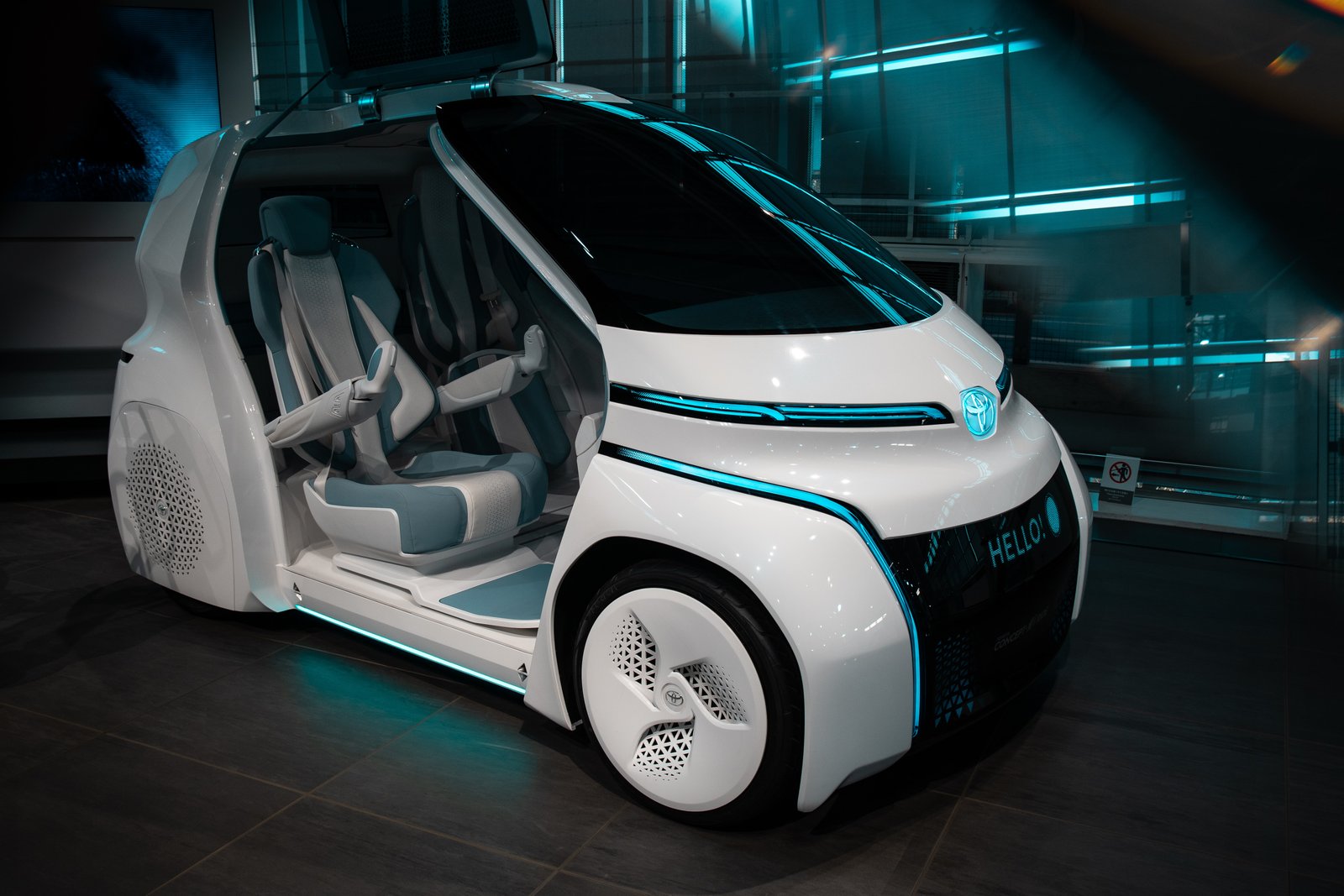

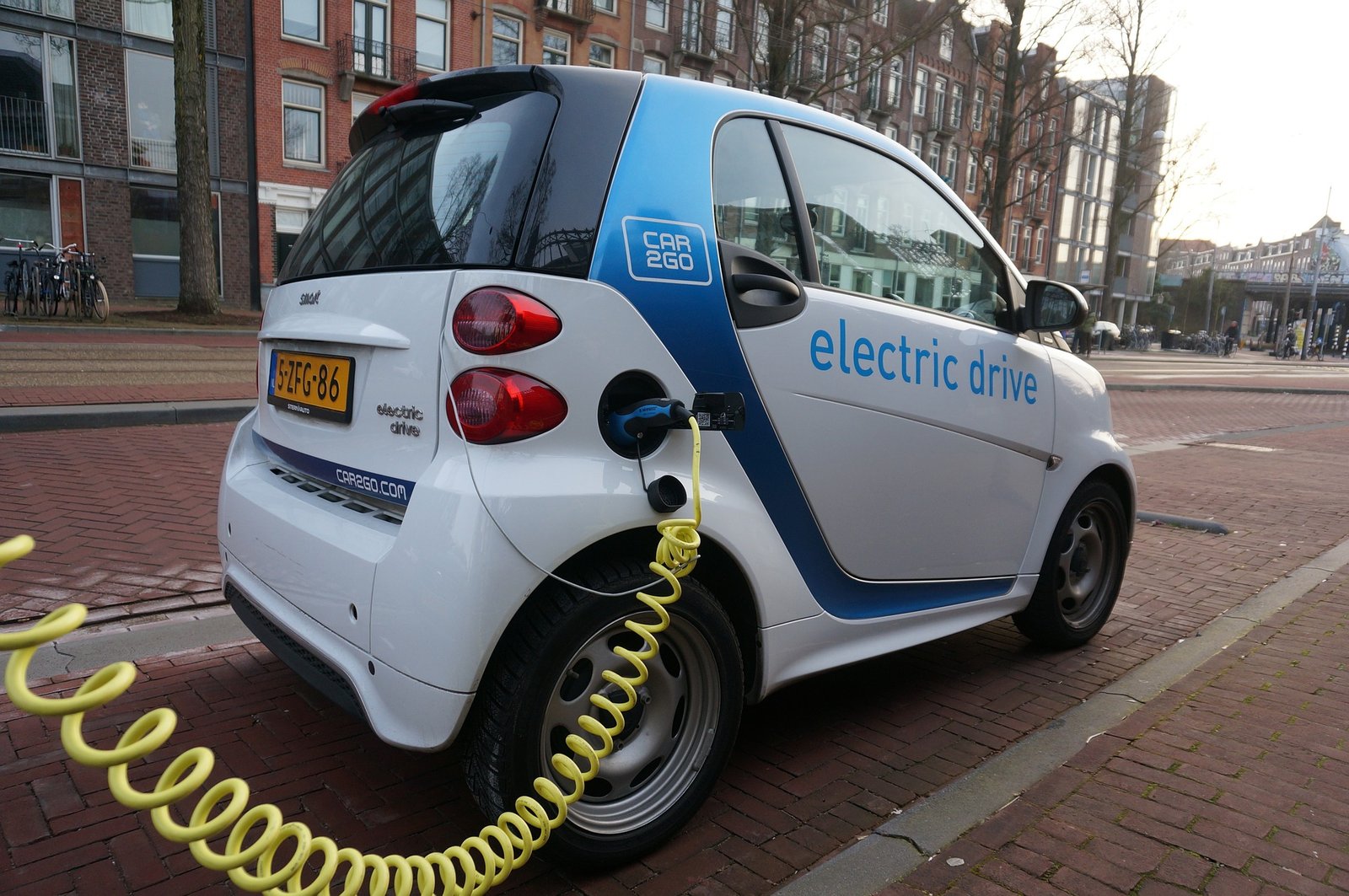

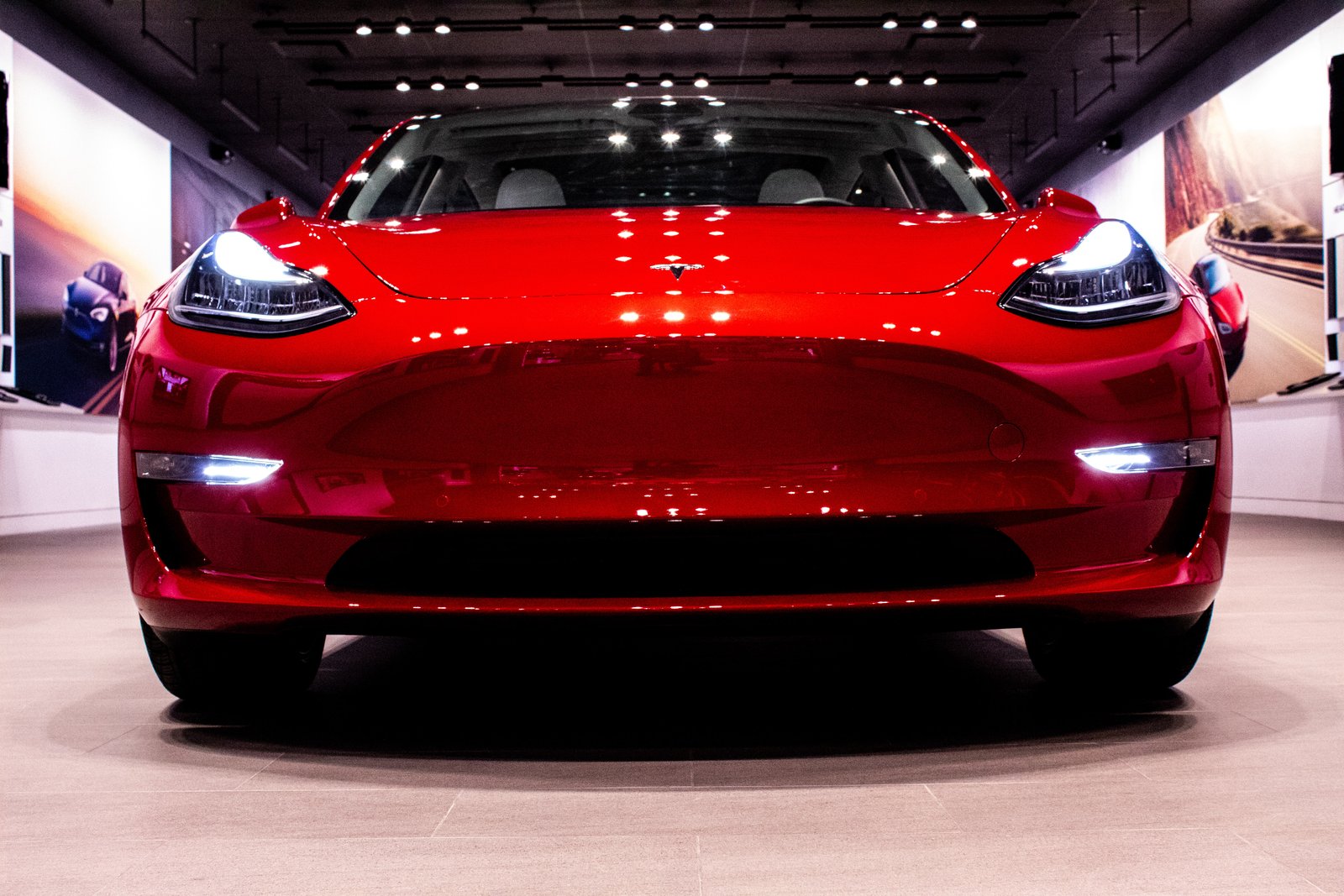
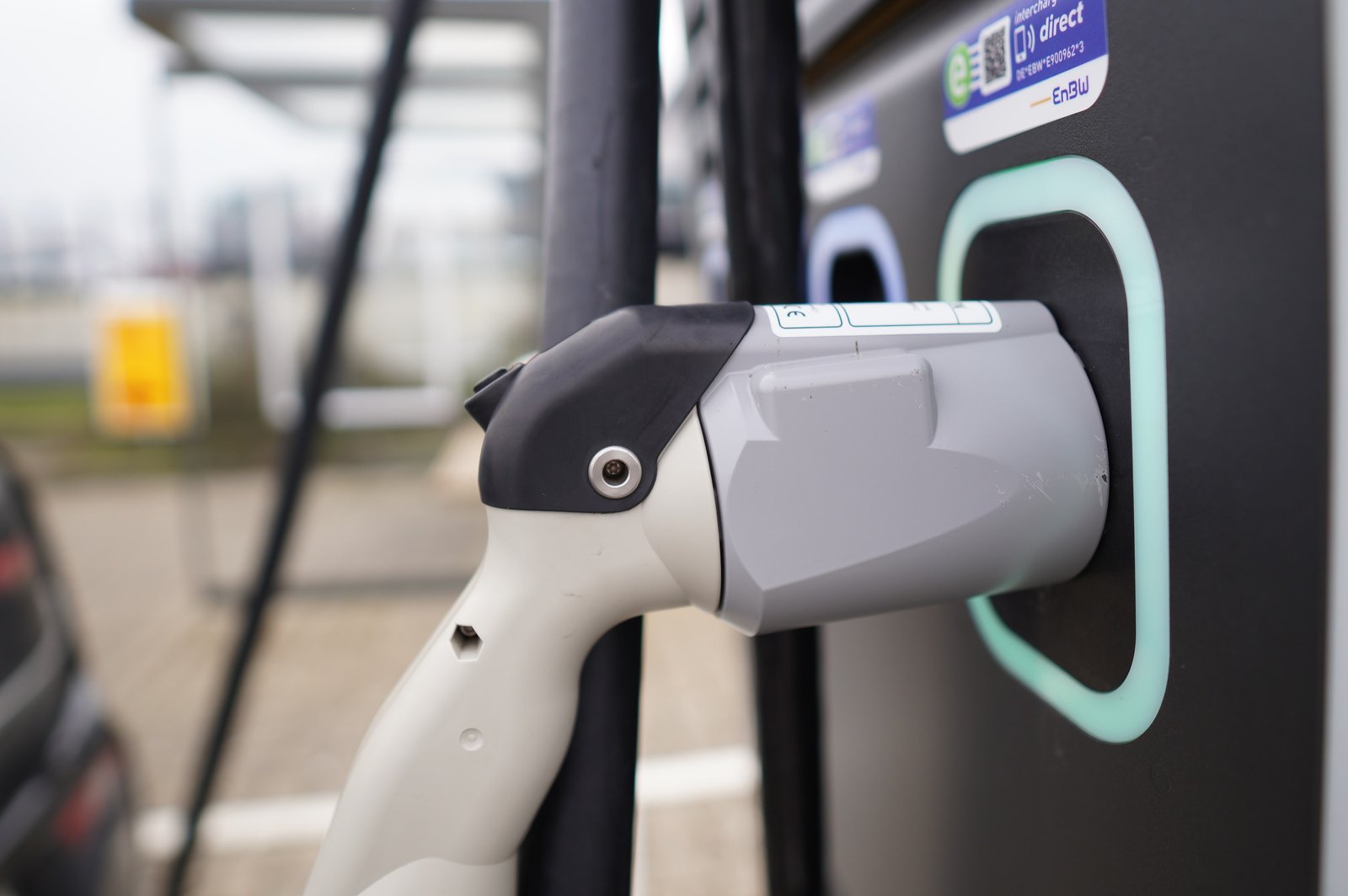


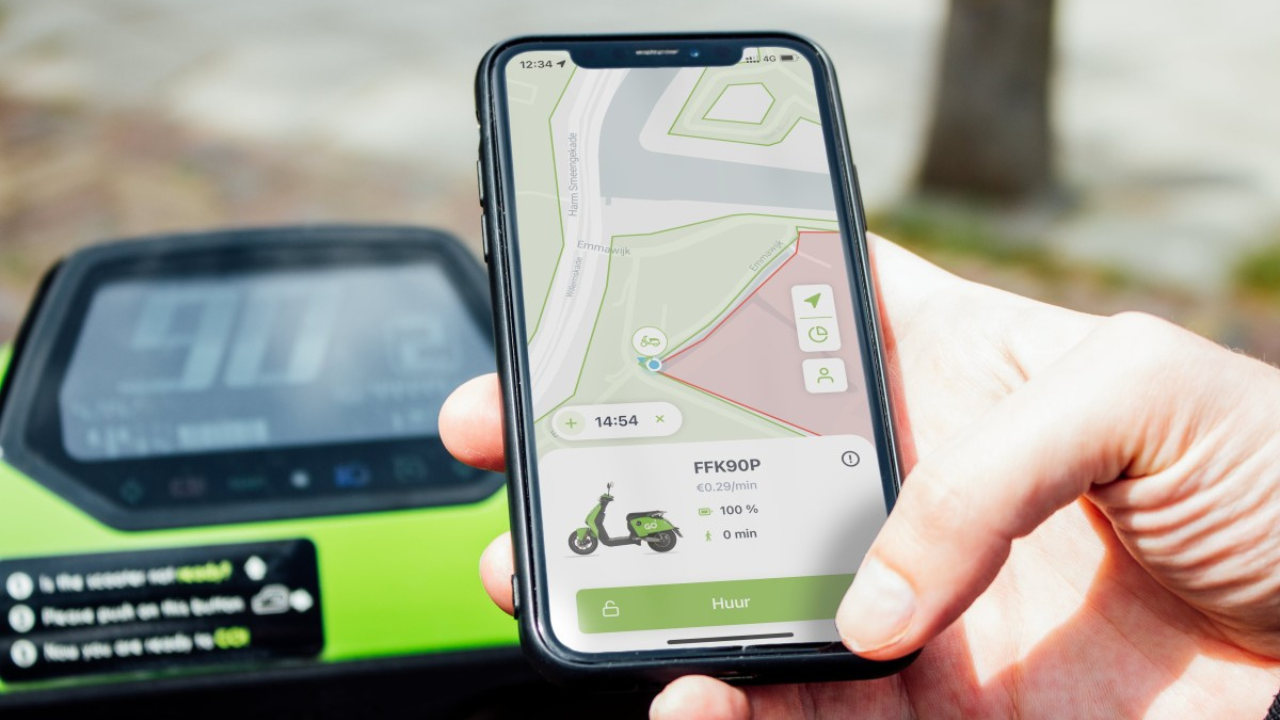
Leave a Comment